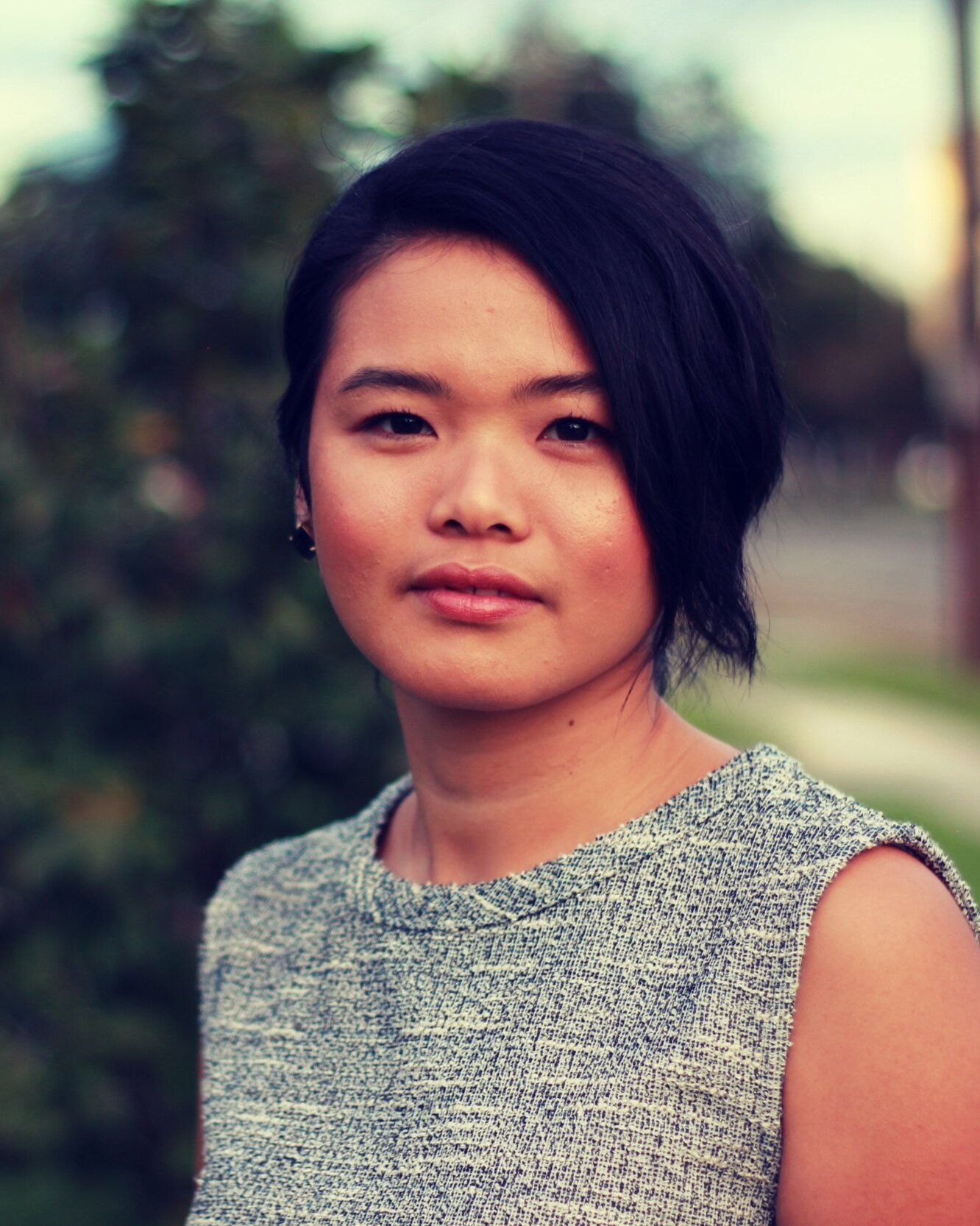Trained in both quantitative and qualitative methods, I have applied research experience in multiple settings. As a researcher, I aim to center equity and issues around positionality throughout every step of the research process—that is, I strive to push back against deficit-based research models and deficit-based explanations of intergroup differences (such as disparities in life outcomes between racial groups).
Software and Platforms: Stata, R, SPSS, Python (intermediate), Qualtrics, SurveyMonkey, Tableau, NVivo, Atlas.ti, SQL (novice)
Methodologies: survey and experimental designs, structured and semi-structured interviews, ethnography, focus groups, content analysis, small-n and large-n data analysis, web scraping of administrative data, etc.
Specific Skills: ANOVA, logistic and linear regression, factor analysis, cluster analysis, multi-level and structural equation modeling, time series modeling, etc.
During my one-year tenure at ERASE Racism as the Policy Analyst/Researcher between 2021 and 2022, I produced 4 reports on education and housing segregation on Long Island. Specifically, I compiled and cleaned both quantitative and qualitative data from New York State Education Department, American Community Survey, ecode360 database of zoning regulations, and various other sources.
I used statistical analyses, such as ANOVA, Pearson’s correlation, and multivariate regressions.
Findings from these analyses were used to support our policy advocacy efforts, such as citations in op-eds, presentations in highly attended events, and direct conversations with state legislators.
ERASE Racism regularly conducted diversity, equity, and inclusion workshops for a variety of clients. I was tasked with creating and implementing an evaluation system through surveys that can collect both quantitative and qualitative data. The first round of the project lasted for 5 months.
Findings and actionable insights were presented to stakeholders, and we recruited about 50 new supporters.
Between January and February of 2021, I was hired as a data analysis contractor by Bend the Arc to analyze 100+ hours of materials collected from semi-structured one-on-one interviews and focus groups of about 200 stakeholders from different groups and backgrounds within 50 hours.
Through stakeholder meetings, I spent time on walking a core group of staff members through steps of data analysis, guided them through what it meant to elevate and center voices of marginalized populations through research, and provided recommendations for actionable insights as they embarked on the next step of their strategic planning process.
In fall of 2020, I was asked by leaders of the ResearchOps professional community (a Slack space of 5,000+ members) to conduct a data analysis of their Spring 2020 Census—synthesizing quantitative and qualitative responses around salary ranges, company sizes, educational attainments and qualifications, required or desired “soft” and technical skills, and most importantly, what members of the ResearchOps professional community needed from the space.
Results provided insights for next steps and were compiled into a written report published on the group’s Medium page.
In fall of 2018, I worked as the Policy and Research Fellow at the Louisiana Fair Housing Action Center.
There, I conducted about 20 interviews with New Orleans residents from diverse backgrounds—such as homeowners, renters, Black and White musicians, service industry workers, and others—around the issue of housing (un)affordability. I also performed data mining of online web information for a systematic qualitative content analysis of Airbnb reviews.
As part of a multi-organizational coalition, we were able to successfully push for the passage of our two policy proposals around short-term rentals and Smart Housing Mix.
As one of the inaugural three Digital Media and Learning Data fellows of the Connected Learning Lab at UC Irvine, I used a longitudinal dataset to conduct research into students’ use of digital technology in a school setting, using time series and linear regression analysis.
Specifically, I look into factors that affect students’ use of digital technology, such as rules enforced by adults at home around technology, rules enforced by adults at school, and students’ perceptions of these rules.
Instrumental interests (such as the use of technology for skill development) increases school enjoyment while connective interests (such as the use of technology to communicate with friends) decreases it.
For my dissertation, I focused on how racial beliefs, attitudes, and feelings are associated with support for certain public policies and engagement in different kinds of political activities once important demographics are controlled.
To answer my research questions, I used the CCES 2018 dataset of 60,000 Americans, the racially diverse CMPS 2016 dataset of 10,000 Americans, and the ANES 1948-2016 time series cumulative data. Further, I collected and made use of administrative data, such as the Census, American Community Survey, Bureau of Justice Statistics, and Bureau of Labor Statistics.
For this project, I conducted a variety of statistical models, including multivariate logistic regression, ANOVA, time series, and factor analysis.
Funded by the $150,000 prestigious National Science Foundation Graduate Research Fellowship Program, I conducted 30 semi-structured interviews with 30 current and former professional activists to learn about the challenges they might face and which challenges have a significant contribution to them choosing to leave an organization. I found that “ideological imprinting,” or exposure to grassroots ideals in formative years of an activist’s trajectory, made it difficult for many to adjust to the professionalized and hierarchical environment. It then heavily influenced their later decision to move on from a certain non-profit or the non-profit structure altogether.
This work has been peer-reviewed and published in Mobilization.








